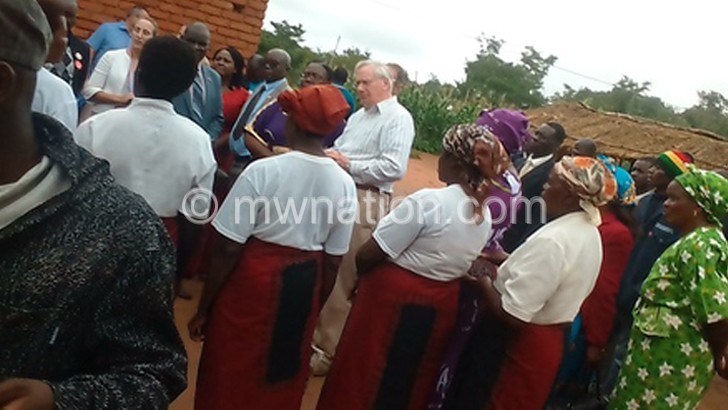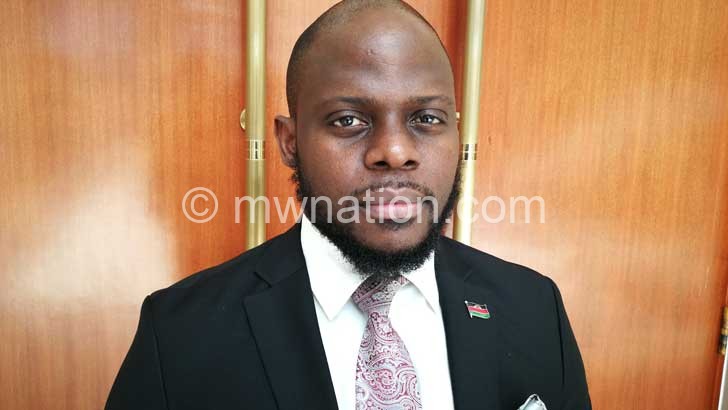KU communities hail K29bn DfID project
Communities in Kasungu on Tuesday hailed the Enhancing Community Resilience Programme (ECRP) for bailing them from abject poverty during the six years of its implementation.
ECRP, which was co-funded by Department for International Development (DfID), Irish and Norwegian governments but implemented by Christian Aid, ran from 2011 to 2017 with a total budget of 30 million pounds (about K29 billion).

Speaking in an interview when the Duke of Gloucester toured some of the programmes in the district, sub-traditional authority Kalikokha said people in the area are now living decent lives following ECRP.
“As you have witnessed, poverty is being defeated and even men are relying on women to support their families,” he said.
One beneficiary, Langston Mwale, said the project has helped him to build a house, buy cattle and now he is able to feed his family.
Mwale said: “I began diversifying the crops I grew in 2012. Apart from maize, I now grow beans on a large scale and this has helped me to buy cows and build a decent house.”
Another beneficiary, Evelyn Banda, said the programme has helped her to buy a goat and a solar panel that is powering Katapila Village.
In his remarks, the Duke of Gloucester commended communities for showing interest in the programme.
The programme phased out last year, but British High Commissioner Holly Tett said her government will continue supporting the rural communities to uplift the welfare of the vulnerable and marginalised.
ECRP’s objective was to enhance the resilience of vulnerable Malawians to climate variability and change, with seed systems, village savings, and loans scheme, post-harvest management, disaster risk management and small-scale irrigation.





